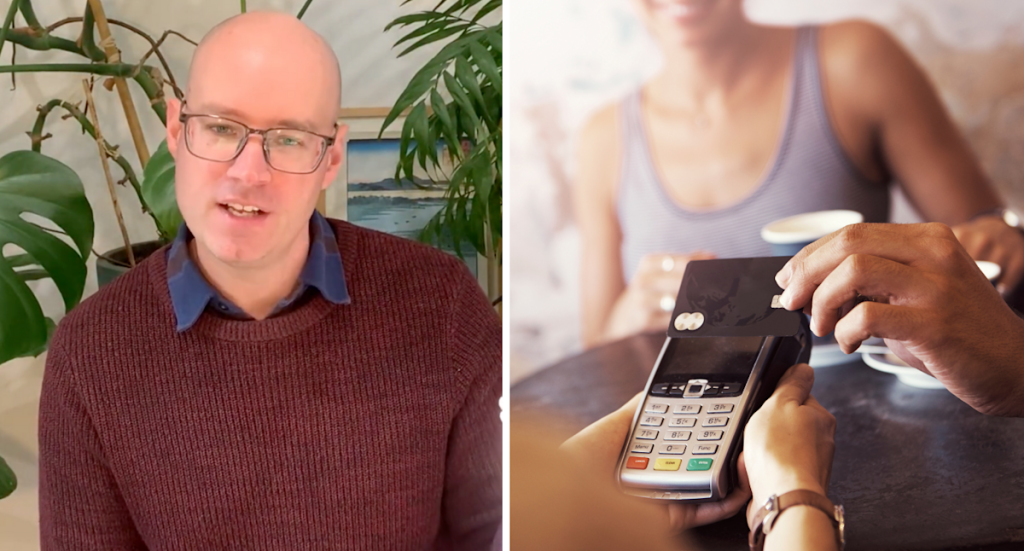Millions of Australians aren’t prioritising paying off their credit card debt, and it’s quickly “snowballing” into a much bigger problem. With cost-of-living pressures hitting many people’s wallets, some have relied on credit to get them through until the next paycheque.
But when that pay eventually arrives, 2.2 million credit card holders aren’t racing to pay off their debts, according to Finder. The consumer group’s money expert, Richard Whitten, said this was a quick way to pay “far more” than you originally borrowed.
“This cycle of credit card spending and debt can be incredibly stressful and quickly snowball,” he said.
“Every month you delay paying off your card balance, you are essentially giving more of your hard-earned money to the bank in interest.”
Finder revealed that two out of five people don’t prioritise their credit card bill when it arrives.
Almost one-third (29 per cent) give priority to other expenses first, while more than one in 10 (11 per cent) can’t afford to pay down their credit card at all.
Do you have a story? Email stew.perrie@yahooinc.com
Whitten said not only can this incur late fees, but it can have long-lasting effects on your credit score and can impact your ability to get personal loans or mortgages in the future.
“If you feel like you are chasing Peter to pay Paul and struggling to get on top of your credit card debts, remember that there is help available,” he said.
“If your debts are snowballing, you can contact the National Debt Helpline for free financial counselling.”
He warned that if you are in this situation, then it’s important to avoid making new purchases with your credit card until you get on top of the debt.
Failing that could see you stuck in the “same debt cycle for years” to come.
“Setting a repayment plan and removing the card from your wallet and phone can help you get on top of it,” he added.
This comes off the back of research released in June, which found that more than one million Aussies had maxed out their available credit and opened a second credit card, with the average balance per consumer now standing at $3,480.
Finder also recently revealed that some Aussies are shifting to buy now, pay later (BNPL) services to access faster credit.

